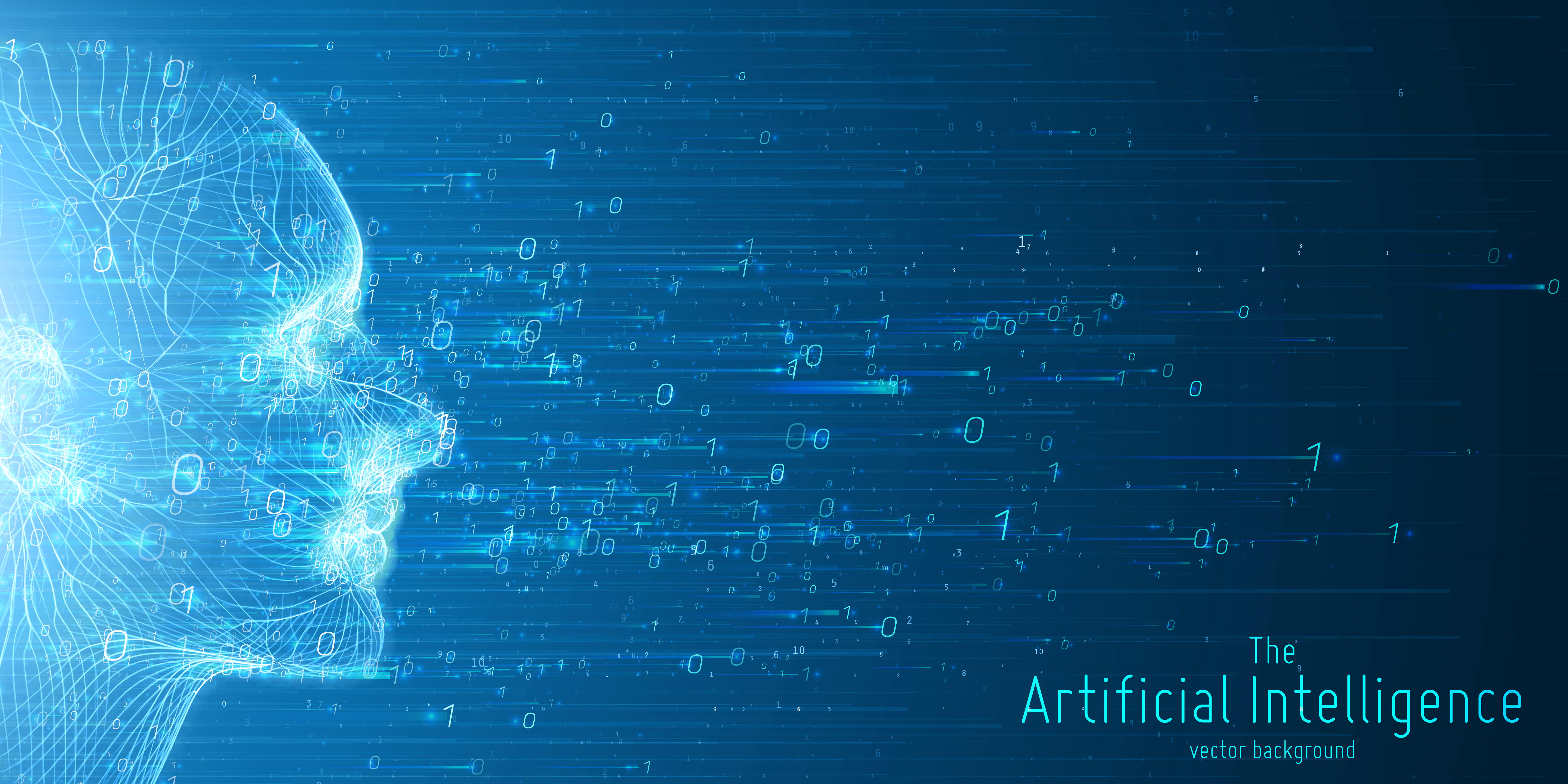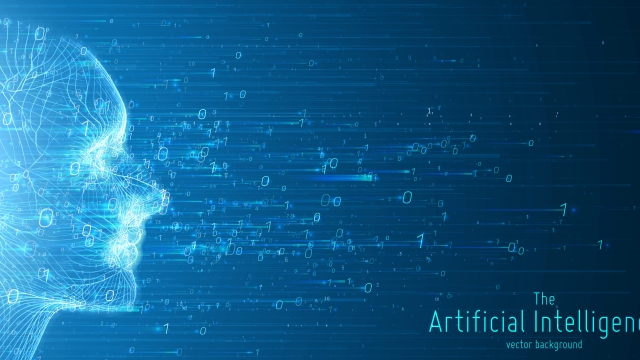
Artificial intelligence is shaping the world we live in, from revolutionizing industries to enhancing everyday experiences. The rapid advancements in AI technology have unlocked a realm of possibilities, sparking curiosity and imagination about the future. As we delve deeper into this digital age, the potential for AI to unlock solutions to complex challenges and drive innovation is becoming increasingly evident. Whether it’s powering smart systems, optimizing processes, or creating personalized user experiences, artificial intelligence continues to reshape the way we interact with the world around us.
The Rise of AI
Artificial intelligence, often abbreviated as AI, has seen exponential growth in recent years. Advancements in technology have enabled AI to become increasingly sophisticated, with applications spanning across various industries. From self-driving cars to virtual personal assistants, AI is revolutionizing the way we live and work.
One of the key drivers behind the rise of AI is the abundance of data available today. Machine learning algorithms rely on large datasets to identify patterns and make predictions. With the proliferation of connected devices and the internet of things, the amount of data being generated continues to grow, fueling the capabilities of AI systems.
Companies are investing heavily in AI research and development, recognizing the transformative potential of this technology. AI has the power to streamline processes, enhance decision-making, and improve overall efficiency. As AI continues to evolve and adapt, we can expect to see even greater integration of this technology into our daily lives.
Ethical Considerations
When it comes to artificial intelligence, ethical considerations play a crucial role in shaping how we approach its development and implementation. It is essential to address issues such as data privacy, bias in algorithms, and the impact of AI on job displacement to ensure responsible and ethical use of this powerful technology.
One key aspect of ethical considerations in AI is the need to safeguard user data and privacy. As AI systems rely heavily on data to function effectively, there is a growing concern about how this data is collected, stored, and used. Implementing robust data protection measures and being transparent about data practices are vital to maintaining trust in AI technologies.
Another ethical consideration is the potential for bias in AI algorithms. Machine learning models can inadvertently perpetuate biases present in the data they are trained on, leading to discriminatory outcomes. Addressing bias in AI requires careful examination of data sources, regular auditing of algorithms, and ensuring diversity in the teams building these systems to minimize harmful impacts on marginalized groups.
https://www.blab.com
Future Applications
In the near future, artificial intelligence is poised to revolutionize healthcare by enabling personalized treatment plans based on individual patient data. This could lead to more accurate diagnoses and effective therapies, ultimately improving outcomes and reducing healthcare costs.
Furthermore, AI is expected to play a key role in enhancing transportation systems through autonomous vehicles. These self-driving cars have the potential to increase road safety, reduce traffic congestion, and provide greater mobility for individuals who are unable to drive themselves.
In the realm of customer service, artificial intelligence chatbots are becoming increasingly sophisticated. These AI-powered assistants can interact with customers in real-time, providing instant support and information, thus enhancing overall user experience and streamlining business operations.
